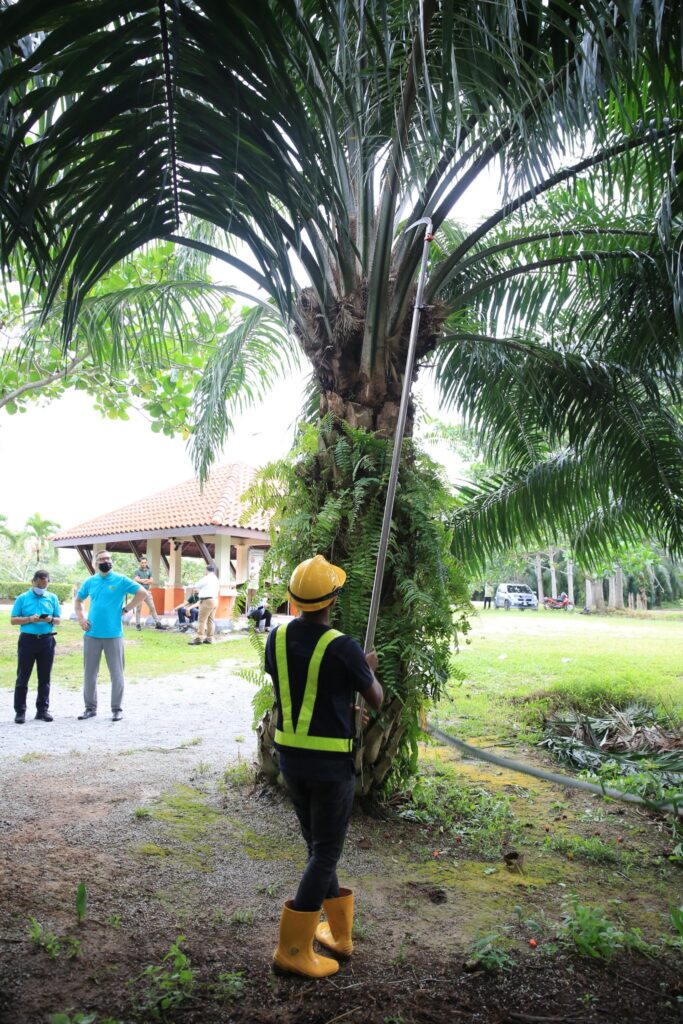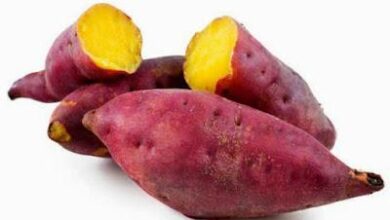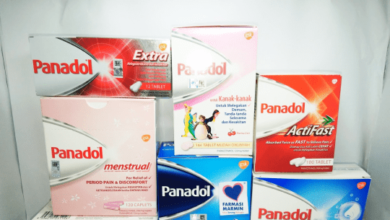MPOB’s high quality seedlings enhance CPO yield

Malaysia, as the world’s second largest producer and exporter of palm oil, produces high quality of palm oil and its related-products which are being exported to all over the world. The country’s palm oil products which are of high quality have gained the trust of consumers both domestically and internationally.
Our high quality oil palm products are derived from good seedlings as a result of the government’s efforts in developing research and development (R&D) for the oil palm sector. MPOB’s R&D breeding programme focuses on developing high quality planting materials such as those with special traits which can enhance the productivity and high quality crude palm oil (CPO).
Our tissue culture programme is by far the most viable approach to propagate elite palms. Tissue culture is a clonal propagation process for the mass production of elite palms. To date, MPOB has successfully commercialised three clones, known as the Clonal Palm Series (CPS)1, CPS2 and CPS3. CPS1 was officially commercialised in 2017, the first CPS commercialised under MPOB tissue culture programme, aimed to produce elite planting materials via tissue culture process.
CPS1 is a superior clone, producing higher oil yield compared to the seed-derived palms (DxP) and possesses the fresh fruit bunches (FFB) of more than 30 tonnes per hectare per year and oil to bunch of 30 percent. The potential oil yield ranges from eight to 10 tonnes per hectare per year-. In addition, its features of high oil yield, very low mantling rate and ease of cloning has encouraged MPOB to use it as MPOB’s standard clone.
Meanwhile, our CPS2 is the clone designated for high-density planting programme, which is 200 palm per ha compared to the normal density planting of 148 palm per ha due to its short rachis length. Hypothetically, a trial implemented with this CPS2 would perform FFB of 32.7 tonnes per ha per year- and oil yield of 8.86 tonnes per ha per year. Owing to its extraordinary features, MPOB commercialised CPS2 in 2018.
On the other hand, CPS3, our latest addition to the CPS, showed that yields from field evaluation of this clone for seven consecutive years, when planted at a normal density of 136/ha, recorded an impressive 37.5 percent oil to bunch and yield of oil per hectare of 11.32 tonnes per hectare per year. Therefore, CPS3 as a high yielding clone, is a material of choice for estates and millers. CPS3 was developed through a collaboration with Kulim (Malaysia) Berhad and was introduced during the MPOB Transfer of Technology Webinar 2020.
Using CPS1, CPS2 and CPS3 will improve yield per hectare, the most sustainable way to increase productivity due to limited land for expansion.
The oil palm nursery sector produces high quality oil palm planting materials to the growers. In Malaysia, there are 838 nurseries licensed with MPOB of which 361 have been registered with Code of Good Nursery Practice for Oil Palm Nurseries (CoPN). Of the 361 registered nurseries, a total of 212 have been certified. CoPN ensures that only high quality of oil palm seedlings are produced. Premises that applied for CoPN certification will get benefits such as technical knowledge, proper management and new technologies that have been used in oil palm nursery operations.
Oil palm nursery is an important sector in the palm oil supply chain where the oil palm seedlings are produced for the cultivation of oil palm trees in plantations. Hence, ample supply of oil palm seedlings is required in line with the needs for new planting and replanting of oil palm trees.
Ensuring an adequate supply of high quality oil palm seedlings throughout the country is challenging. Hence, it requires planning and consistent production of the oil palm seedlings by nursery operators. In this regard, the new oil palm planting and replanting activities are not expected to encounter problems due to sufficient supply of oil palm seedlings.
The writer is the Director-General of Malaysian Palm Oil Board
NST




